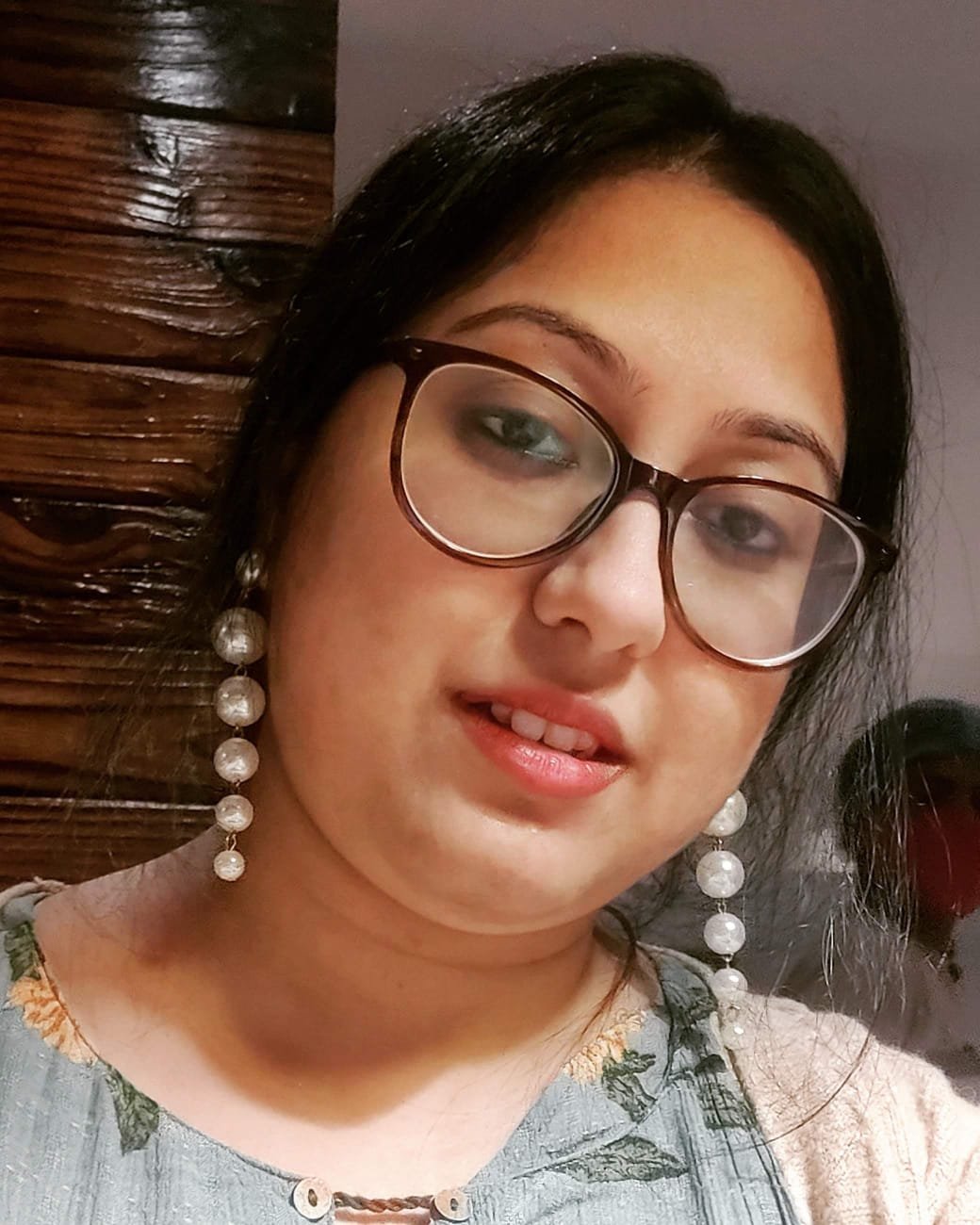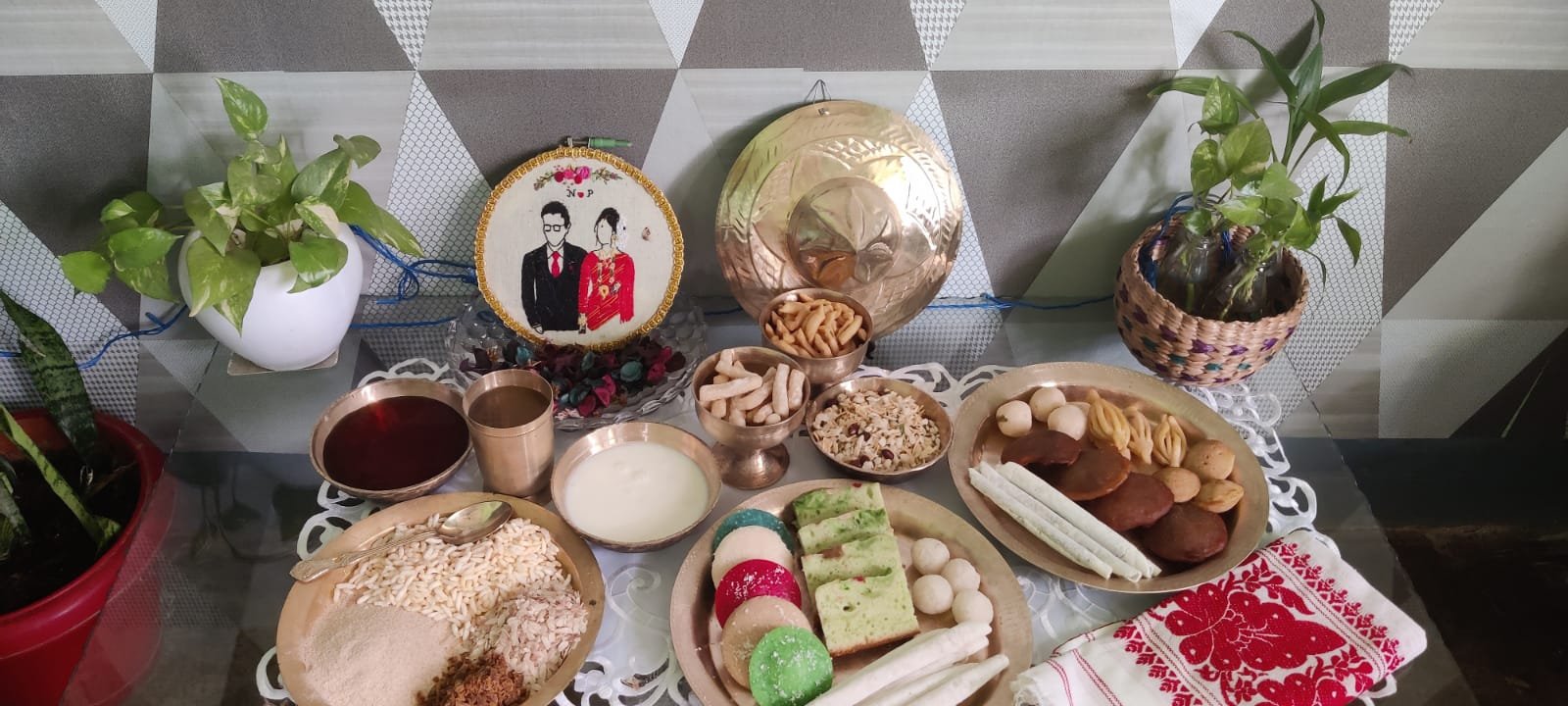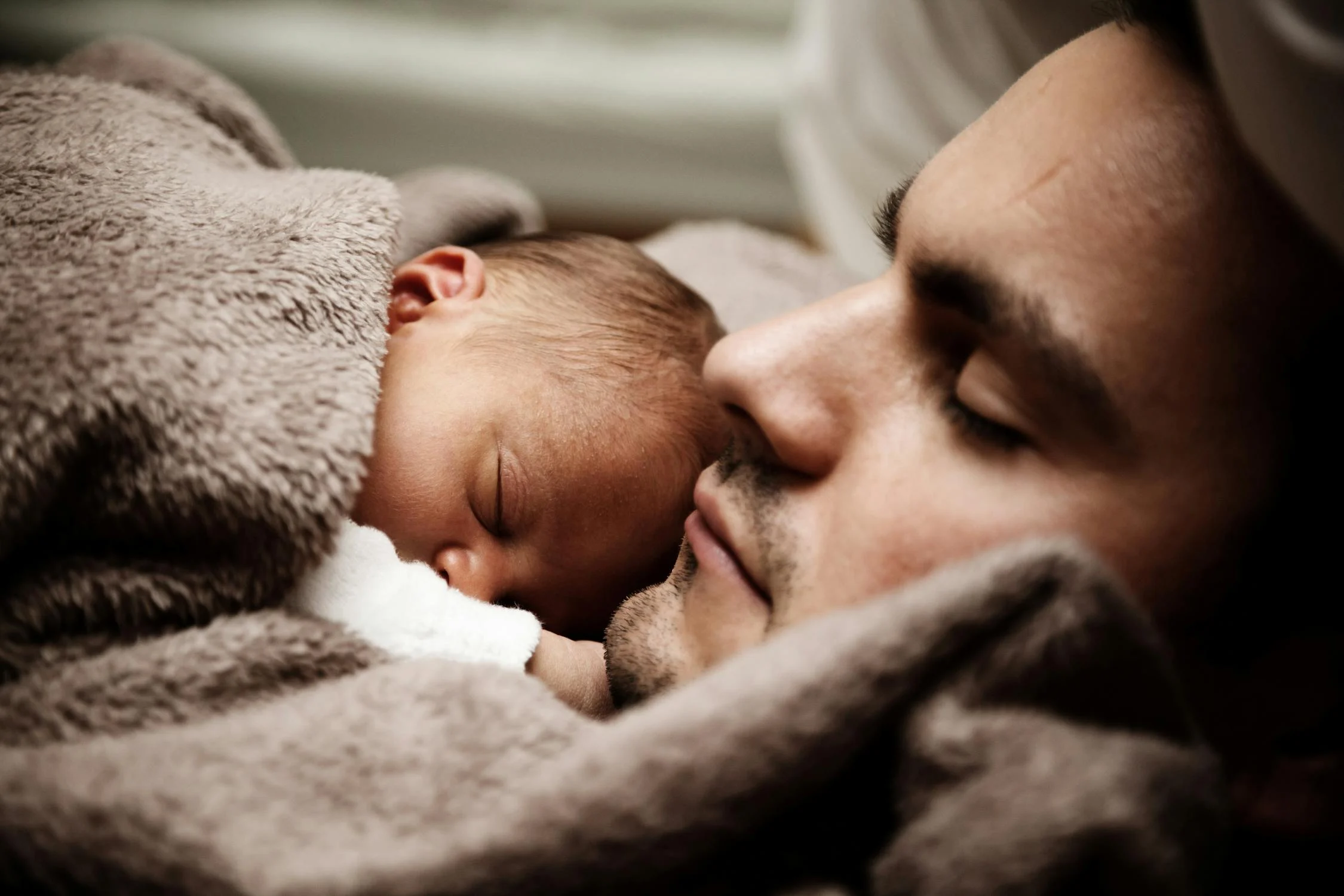Motherhood and the role of a mother have been considered the epitome of unconditional love. The sacrificial tendencies and unmatched woman power is celebrated across all communities worldwide. While this is sacrosanct and true, often the colloquial prevalence and practices suitably overlook and belittle the other side of the coin, especially that of pregnancy and childbearing.
Domestic Violence reaches peak during pregnancy and even continues post-childbirth
Literature and research findings globally have proved that the incidence of Domestic Violence (DV) against women peaks during pregnancy and even continues post-childbirth. This affects maternal health and their infant’s health adversely.
Research findings show that verbal, physical, emotional and even sexual abuse commences or worsens during the delicate time of pregnancy and the antenatal period. The triggers for such Intimate Partner Violence (IPV) by men are
- Lack of trust
- Doubts about the fatherhood of the baby
- Pregnant/ lactating women partners getting more attention and care from extended family
- Jealous men, who think their women partners will shift their attention more towards the baby
- Unplanned pregnancy
- Increase in financial responsibilities for bringing up the child.
As a social researcher in public health, I have had the opportunity to interact with numerous people in the field and understand the causes and intricacies behind these incidents.
In one such clinical research encounter, pregnant women from varied socio-economic backgrounds with a history of DV (visiting the public hospital for antenatal check-ups) were interviewed. Their physical and mental health parameters were mapped throughout the pre-natal and post-natal period.
Coerced sex and Violence as a tool
During the research, many facts came to light:
- Unintended pregnancies and multiple conceptions were forced upon these women by coerced sex and denial of using contraception by their husbands. These pregnant women broke down during narrating their ordeal and opened up about how their spouses and their in-laws have been compelling them into frequent and unsafe childbearing for the demand of male babies.
- Violence has been used as a controlling tool on these women; to check their mobility outside the house, to silence their voices and personhood agencies. Most times women are taught to reconcile, and compromise with their male partners and their families, not to report the episodes of beating and battering to law enforcement for upholding their family prestige and honour along with fear of retaliation from their abusers.
- Economic dependency of these women on their partners also posed as a deterrent in taking the legal route, making them continue in such disrespectful marriages bearing all the trauma and indignity.
Impact of Domestic Violence
Increased the likelihood of
- Miscarriages
- Maternal undernutrition
- Limited access to regular antenatal care (ANC)
- Heightened induced abortion
- Psychological stress, depression and poor mental health
- Risk of hypertension/diabetes as comorbidities
- Birth of Unhealthy and underweight babies
False hope that a baby will stop abuse
During the research, most women said, they thought motherhood and children would improve their marital situation and their partners would stop abuse. But lactating women in the study narrated experiencing more violent events of harassment, neglect and threats of abandonment from their partners. Moreover, they had to navigate periods of post-traumatic stress disorder (PTSD) and post-partum depressive (PPD) symptoms which they were unable to cope with.
Post Traumatic Stress Disorder (PTSD)
During the post-childbirth counselling sessions held in the study, a few mothers with a history of DV confessed to having feelings of indifference, disillusionment, hatred and thoughts of disowning their newborns. They felt no bonding and sensed a lack of belongingness and attachment towards their children. Mothers after all are humans to feel emotions beyond what is expected and stereotyped by social norms.
Motherhood is not always presented as an option or is out of choice and its journey is not always emotionally and psycho-socially fulfilling or enriching for all women.
Despite DV during pregnancy being a serious public health issue, patriarchic hegemony and social conservativism ignore and blindfold these heinous crimes against women under the garb of glorifying and valorizing motherhood.
Women’s health policy demands the creation of safe spaces for abused pregnant women and new mothers who are survivors of DV/IPV, where they receive holistic counselling and support networks including emotional, nutrition, physical health and medical, legal, economic self-dependency, parenting and life-skills training.
Preventive Interventions
All healthcare facilities must initiate routine screening and reporting of IPV/DV
- Awareness raising among pregnant women, new mothers and their spouses/families on what is DV and how it affects their health and that of their children and creates barriers to leading a healthy and good quality of life.
- Pregnant women and mothers with a history of DV must be taught behavioural coping mechanisms which can include mother-fetus bonding techniques such as Garbh-sanskar, yoga relaxation, negotiating skills and confidence building.

















Facebook Comments